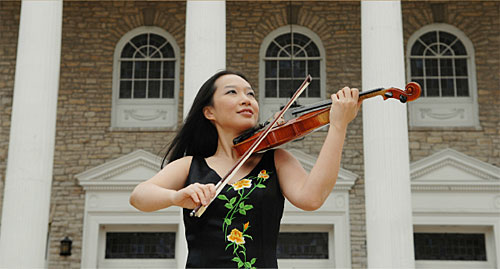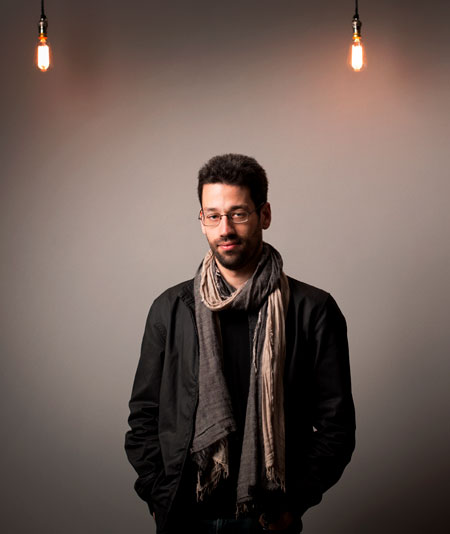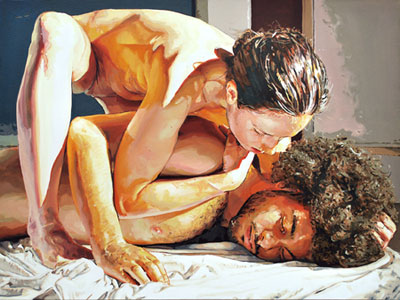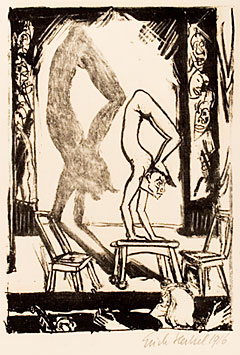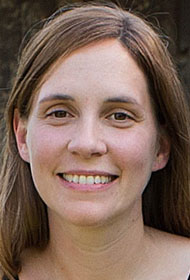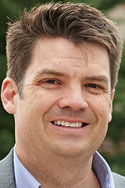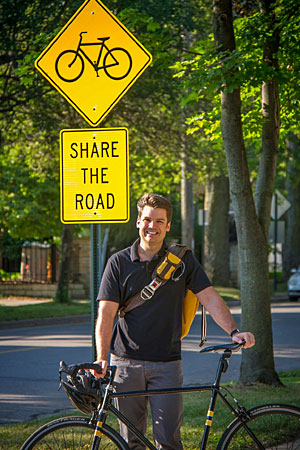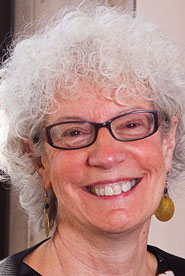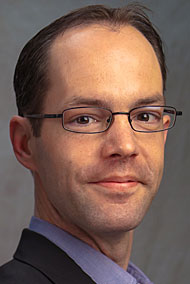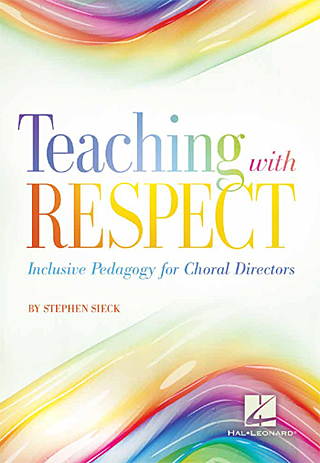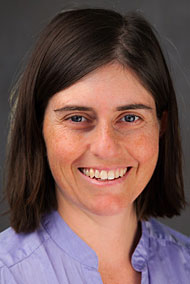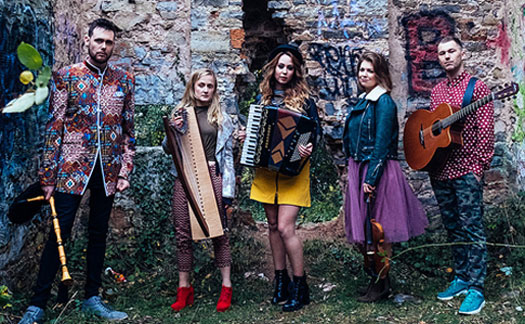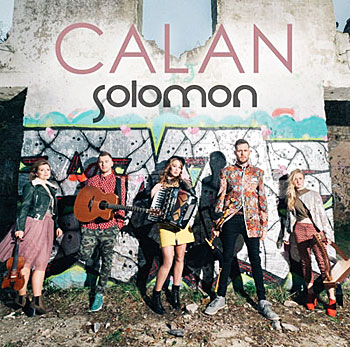The political role of teachers’ unions in local, state, and national elections will be examined in a Lawrence University guest lecture.
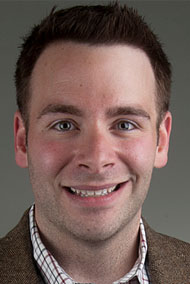
Michael Hartney, assistant professor of political science at Boston College, presents “Down, But Not Out! The Resilience of Teachers Unions in American Politics and What It Means for Our Schools,” Thursday, October 5 at 4:30 p.m. in the Thomas Steitz Hall of Science 202. The event is free and open to the public.
Hartney is a specialist on education politics and policy and the interplay between political and educational inequality. In his talk, Hartney will discuss some of the contemporary challenges facing teachers’ unions and the prospects of the future.
While teachers’ unions have long played consequential roles in elections at all levels, cuts to collective bargaining, increasing teacher evaluation and pervasive student assessment have seriously eroded their clout according to Hartney, especially in Wisconsin since the passage of Act 10 in 2011.
Prior to joining the faculty at Boston College, Hartney worked for the National Governors Association Center for Best Practices, providing policy analysis to governors and other state officials on issues related to teacher quality and high school redesign.
Much of Hartney’s research has been supported by grants from the National Academy of Education, the American Federation of Teachers and the National Council on Teacher Quality.
He earned a bachelor’s degree in political science from Vanderbilt University and a Ph.D. in political science from the University of Notre Dame.
About Lawrence University
Founded in 1847, Lawrence University uniquely integrates a college of liberal arts and sciences with a nationally recognized conservatory of music, both devoted exclusively to undergraduate education. It was selected for inclusion in the book “Colleges That Change Lives: 40 Schools That Will Change the Way You Think About College.” Engaged learning, the development of multiple interests and community outreach are central to the Lawrence experience. Lawrence draws its 1,500 students from nearly every state and more than 50 countries.
